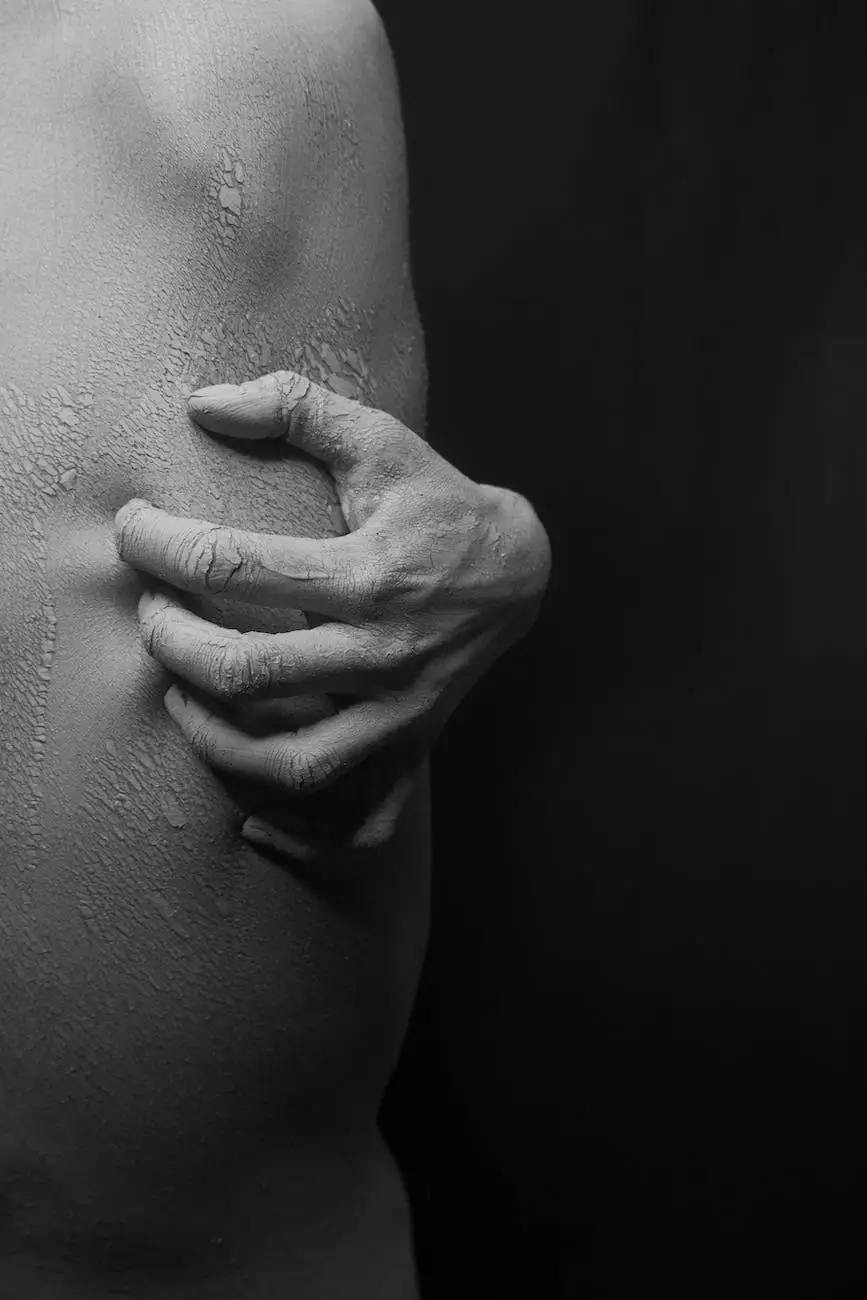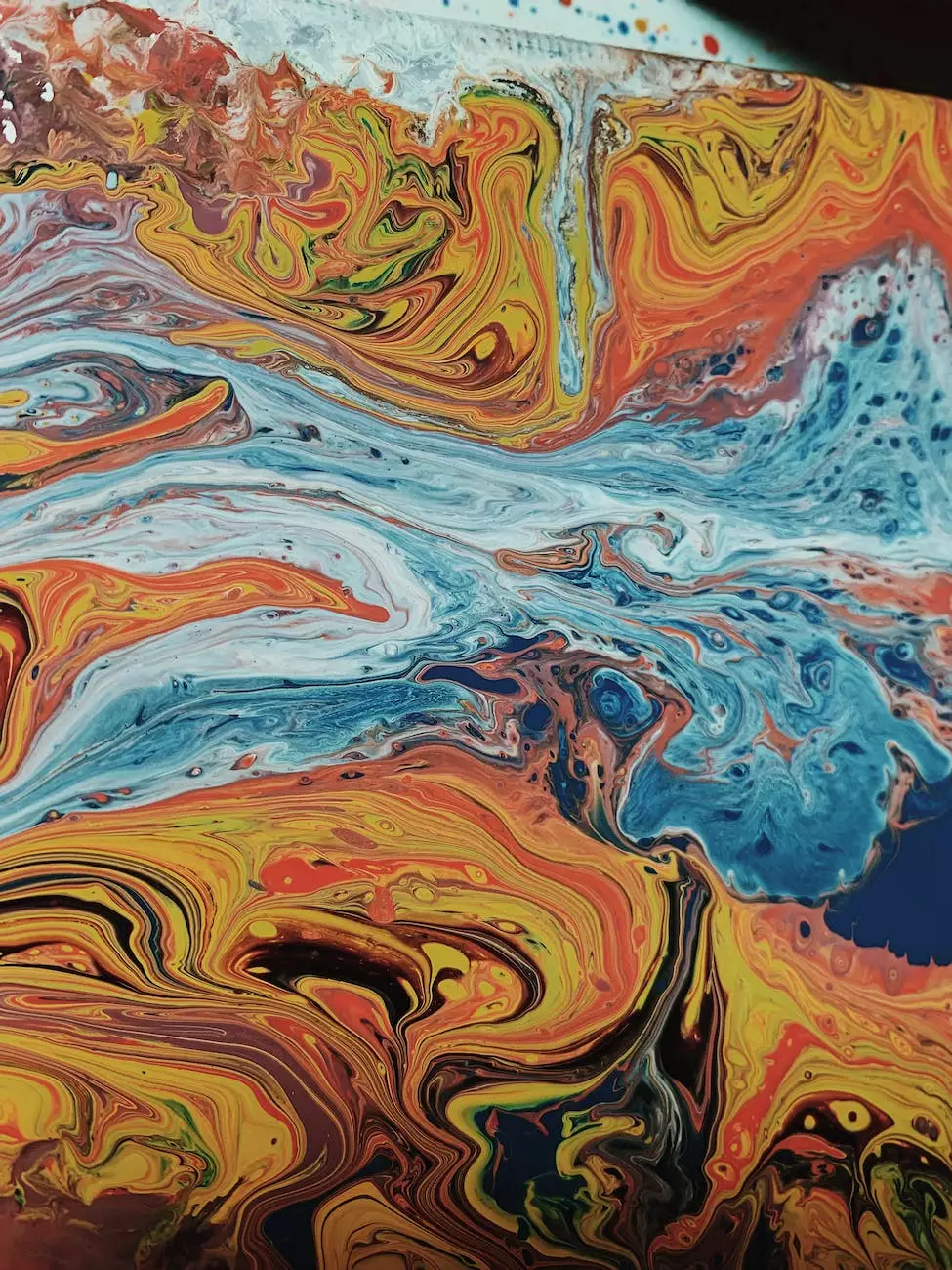Degenerative Disc Disease

What is Degenerative Disc Disease?
Degenerative Disc Disease (DDD) is a common condition that affects the intervertebral discs, which act as cushions between the vertebrae in the spine. Over time, these discs naturally wear down, leading to pain and discomfort. DDD can occur in various parts of the spine, including the cervical (neck), thoracic (upper back), and lumbar (lower back) regions.
Causes and Risk Factors
Degenerative Disc Disease is primarily caused by the natural aging process. As we grow older, the intervertebral discs lose their elasticity, become thinner, and suffer from decreased fluid content. This leads to reduced shock absorption and limited mobility within the spine. Other risk factors that may contribute to DDD include:
- Genetic predisposition
- Smoking
- Obesity
- Poor posture and body mechanics
- Repetitive stress and physical injuries
Symptoms and Diagnosis
The symptoms of Degenerative Disc Disease vary depending on the location and severity of the condition. Common signs include:
- Chronic back or neck pain
- Pain that worsens with movement or certain activities
- Numbness or tingling sensation in the extremities
- Muscle weakness
- Radiating pain to the arms or legs
- Stiffness and reduced flexibility
If you experience these symptoms, it is important to consult with a healthcare professional for an accurate diagnosis. Your healthcare provider may perform a physical examination, review your medical history, and order diagnostic tests such as X-rays, MRI, or CT scans to confirm the presence of DDD.
Treatment and Management
At Michael Finley, CNHP, we offer various effective treatments and management strategies to alleviate the symptoms of Degenerative Disc Disease and improve your quality of life. Our holistic approach focuses on addressing the underlying causes of DDD and promoting overall well-being. Some of the treatment options include:
- Physical therapy exercises to strengthen the supporting muscles and improve flexibility
- Chiropractic adjustments to relieve pressure on the affected discs
- Massage therapy to reduce muscle tension and enhance circulation
- Nutritional counseling to support spine health and reduce inflammation
- Mind-body techniques such as yoga and meditation for pain management and stress reduction
- Alternative therapies like acupuncture and herbal medicine to promote healing and alleviate pain
Prevention Tips
While Degenerative Disc Disease cannot always be prevented, certain lifestyle modifications can help slow down its progression and minimize the risk of developing severe symptoms. Here are some practical tips:
- Maintain a healthy weight to reduce excessive stress on the spine
- Engage in regular exercise, including low-impact activities like swimming or walking
- Practice good posture when sitting, standing, and lifting heavy objects
- Avoid smoking, as it contributes to disc degeneration
- Follow a balanced diet rich in nutrients that support bone and joint health
- Learn proper body mechanics to prevent unnecessary strain on the spine
Conclusion
Degenerative Disc Disease is a common condition that affects many individuals, particularly as they age. With the right treatment and management strategies, it is possible to find relief from pain and improve overall well-being. At Michael Finley, CNHP, we are dedicated to helping individuals with DDD overcome their symptoms and achieve a higher quality of life. Contact us today to schedule a consultation and begin your journey towards optimal spine health.










